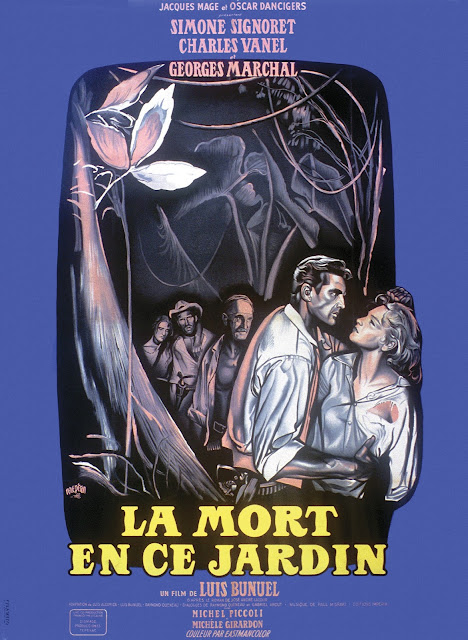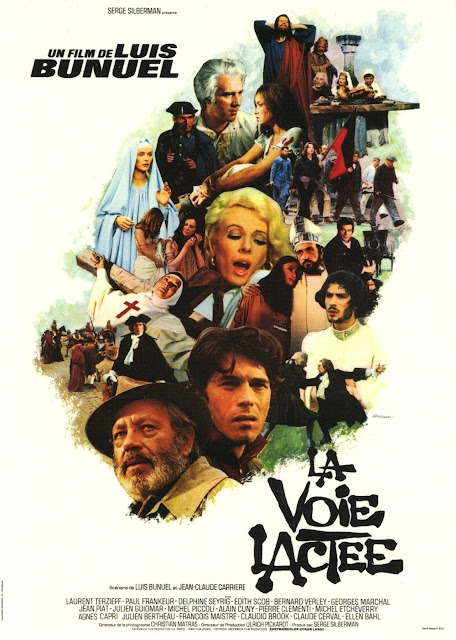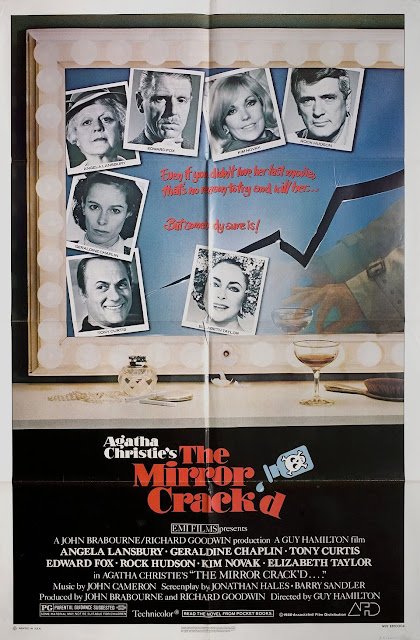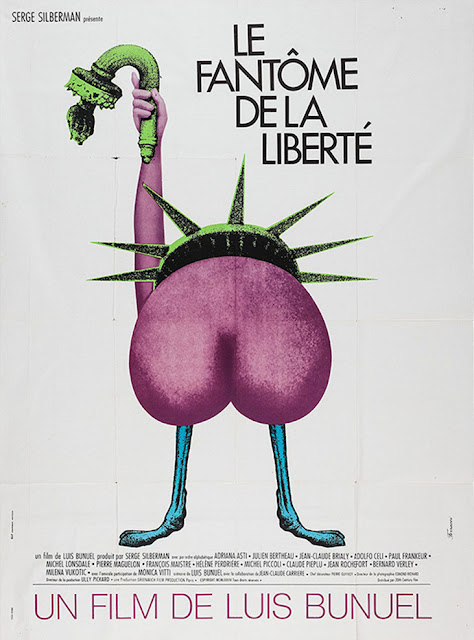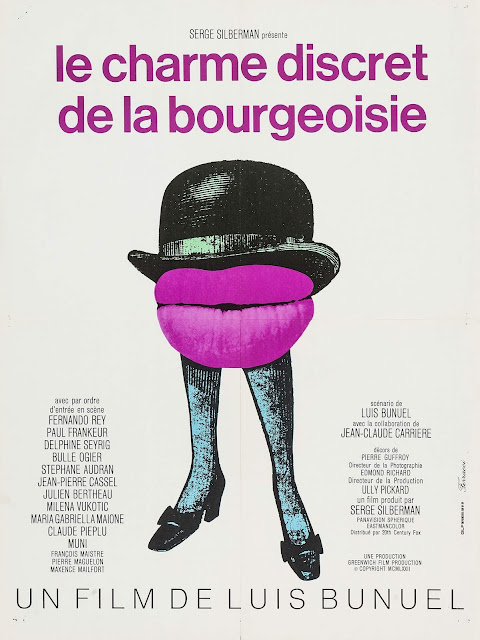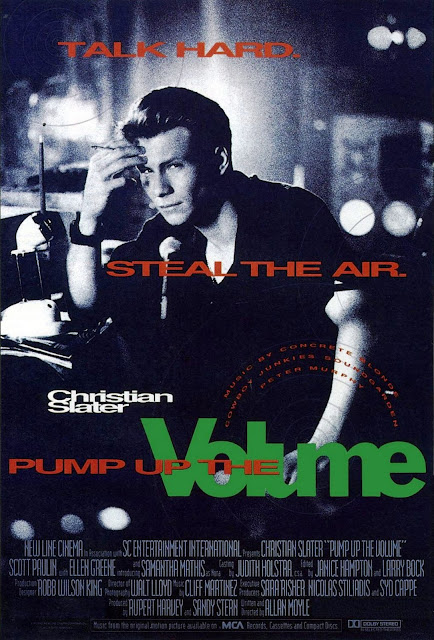Fist Of The North Star (1986) ****
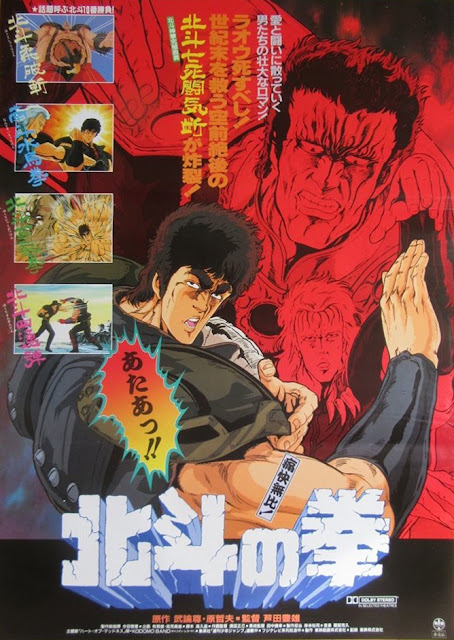
Heavily influenced by Mad Max (my review of the first film here ) and Bruce Lee , Fist Of The North Star (1986) is an ultraviolent, post apocalyptic, actionfest from director Toyoo Ashida ( Vampire Hunter D (1985) ( review )). This western-themed anime is chock-full of i nventive, insanely over-the-top gore, s toic (toxic) masculinity, t estosterone-fueled, absurdly powerful, muscle-bound men, a tmospheric sound design, a lush and kickass score by Katsuhisa Hattori , two memorable songs from Kodomo Band (including the fist-pumping anthem “ Heart Of Madness ”), and beautiful, striking (literally) animation. While the more philosophical aspects of the story may get lost in the many, many epic battles, there is a definite theme of man’s destructive nature and the dangers of unchecked power. I spent countless hours of my teenhood watching FOTNS . I hadn't watched the film since 2009—it's a touch on the long side but it remains e ndlessly entertaining and rewatchable.

